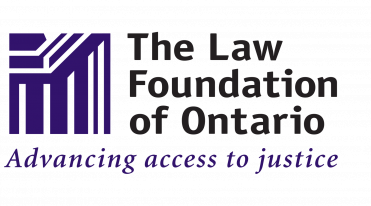2011-2012 Community Leadership in Justice Fellowship recipients
Sheila Burns, a noted specialist and advocate in the field of Fetal Alcohol Spectrum Disorder (FASD), will spend 10 months at Georgian College Orillia Campus. Her work will focus on helping prevent people with FASD from becoming involved with the criminal justice system, and on improving diversion rates and outcomes for those who do.
She will develop two FASD courses, one for delivery at Georgian within its Human Services and Child Studies Portfolio, and one for delivery online to police and other justice-related service providers. She will also develop a FASD post-graduate certificate program at Georgian, which will be the first in Ontario.
Burns will coordinate roundtables with diverse justice services stakeholders around the province, culminating in a conference. The fellowship will also encompass a research project focusing on the effectiveness of supports within the justice system, drawing on the experience of individuals with FASD, and establishment of a FASD Resource Centre at Georgian – positioning it as an educational leader in this emerging field.
Marian MacGregor, clinic director for the Community and Legal Aid Services Program (CLASP) at York University’s Osgoode Hall Law School will develop an intensive clinical program in disability law which will be offered to Osgoode students as early as 2013.
This will build on Osgoode’s established leadership in clinic-based legal education, and enhance capacity in this specialized and under-serviced area of law. The program is expected to involve a dual placement: one at the ARCH Disability Law Centre, a specialized community legal clinic in central Toronto, and one at a non-governmental organization pursuing relevant policy work.
“The impact of disability, often combined with poverty, can create serious access to justice barriers,” said MacGregor, who has practiced extensively in the area of poverty law. “This new program will produce lawyers who are better equipped to meet the distinct needs of clients with disabilities, as well as involving students in the systemic change that needs to take place.”

